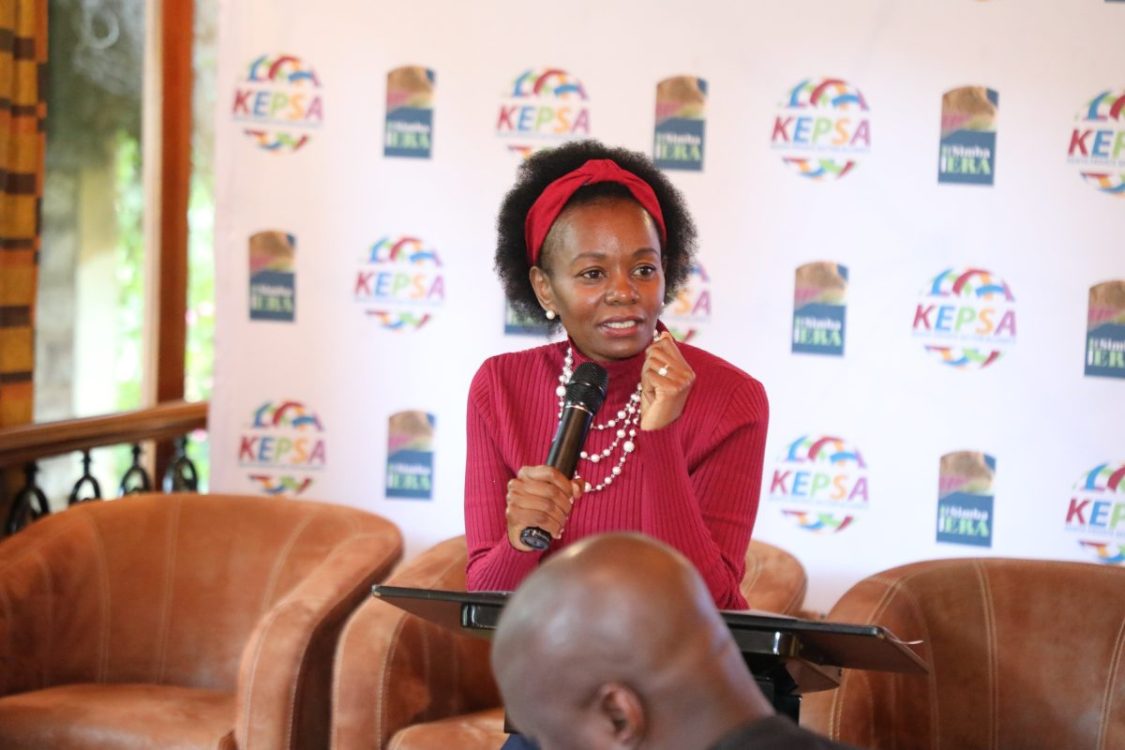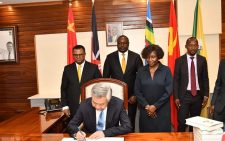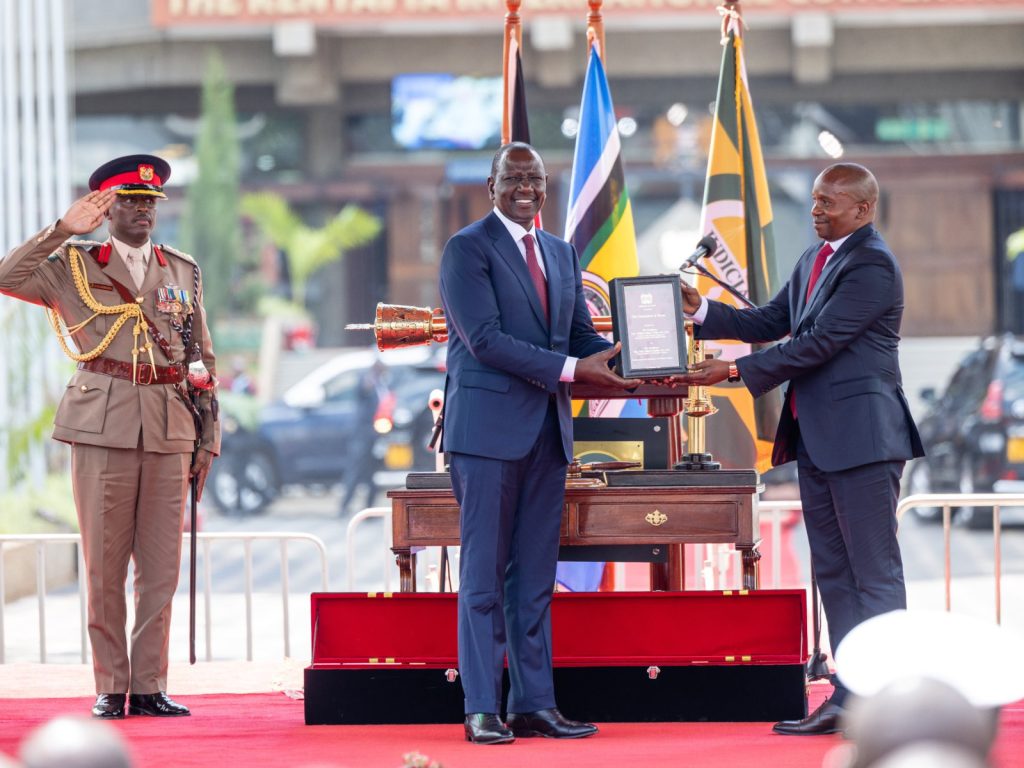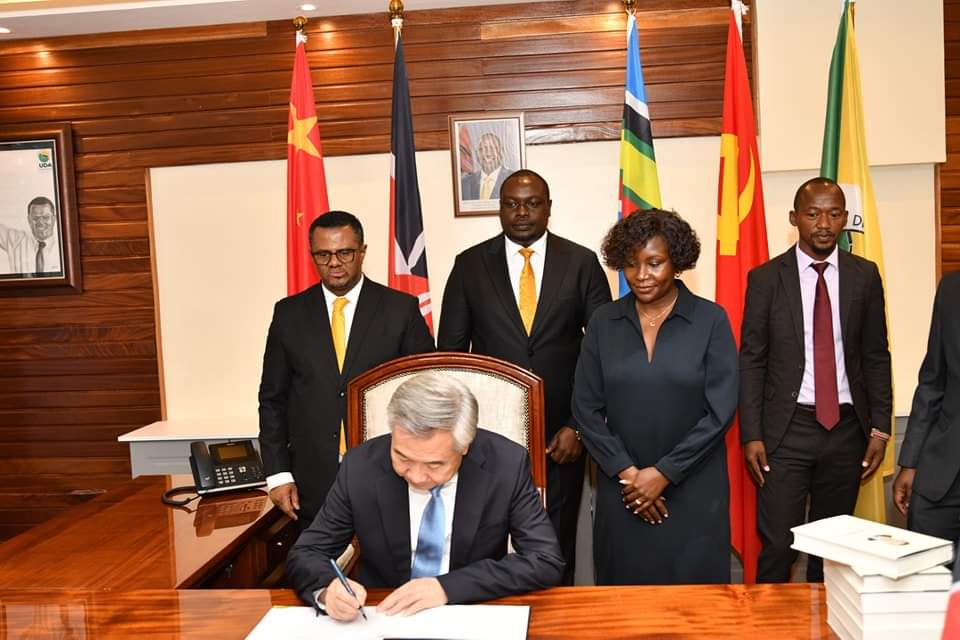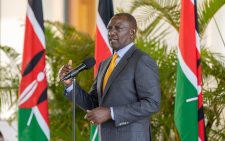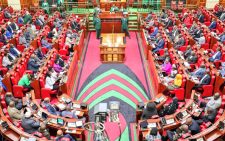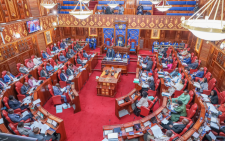The Kenya Private Sector Alliance (KEPSA) has announced significant victories in shaping the Finance Bill 2024 after extensive advocacy efforts with the three arms of the Kenyan government.
These victories, resulting from active public participation, have led the Finance and National Planning Committee of the National Assembly to make critical adjustments to the proposed Bill.
Notably, 10 out of the 16 amendments were directly influenced by submissions from the private sector and KEPSA members.
“We, as businesses, acknowledge and take seriously paying taxes as our civic duty. We know the country needs to grow economically and are doing our best to generate revenue.
“However, we also know that a predictable tax regime and focus on revenue generation policies in the short to long term will give the country both job opportunities and revenue rather than a focus on tax policies alone,” KEPSA CEO Carole Kariuki said in a statement posted on the organization’s site on Tuesday, June 18, 2024.
“We, therefore, applaud the National Assembly through the Finance and National Planning Committee, the Senate through the Speaker’s Roundtable held last week, and the President through the Presidential Roundtable, which we also held last week, for the opportunities to make our proposals leading to these gains, she added.
Key gains for KEPSA
Among the significant amendments that KEPSA is celebrating are:
1. The removal of VAT on normal bread.
2. The removal of VAT on sugar transportation.
3. The removal of VAT on financial services and foreign exchange transactions.
4. Removal of the proposed increase in mobile money transfers.
5. Removal of 2.5 per cent proposed on Motor Vehicle Tax.
6. Removal of excise duty on vegetable oil.
7. Removal of Eco Levy on locally manufactured products.
The Eco Levy will be levied only on imported finished products. Locally manufactured products will, therefore, not attract the Eco Levy. As a result, local assembly and manufacturing will help boost Kenya’s manufacturing capacity, create jobs, and eliminate the pressure on foreign exchange.
Locally manufactured products, including sanitary towels, diapers, phones, computers, tyres, and motor cycles, will not attract the Eco Levy.
8. Calculation of the excise duty for alcoholic beverages based on alcohol content rather than volume.
This means that beverages with higher alcohol content will incur a higher excise duty. As a result, alcohol producers are anticipated to produce safer and more cost-effective alcoholic beverages.
9. Increase of pension contributions exemption from tax from Ksh20,000 per month to Ksh30,000.
10. The proposed increase in the threshold for VAT registration from Ksh5 million to Ksh8 million.
This means that more small and medium businesses will not be required to register and file for VAT, thus enhancing the business environment.
KEPSA has committed to continuing its active engagement with the government to advocate for policies and legislation that foster a conducive business environment and enhance the competitiveness of Kenya’s economy both locally and globally.
The private sector apex body welcomed the adjustments to the Finance Bill 2024 and applauded the government for its willingness to engage with the private sector and the public as social and economic partners.
“We are honoured to have contributed to these significant changes and look forward to continuing our collaborative efforts to drive Kenya’s economic growth,” Kariuki said.
Beyond KEPSA’s proposals, other significant adjustments have been made to the Finance Bill 2024 such as:
Housing Fund and Social Health Insurance: Levies on the Housing Fund and Social Health Insurance will be income tax deductible, increasing disposable income for households.
Electronic Invoicing Relief: The responsibility for electronic invoicing (E-TIMS), recently introduced by the Kenya Revenue Authority (KRA), has been rescinded for farmers and small businesses with a turnover below Ksh1 million.

